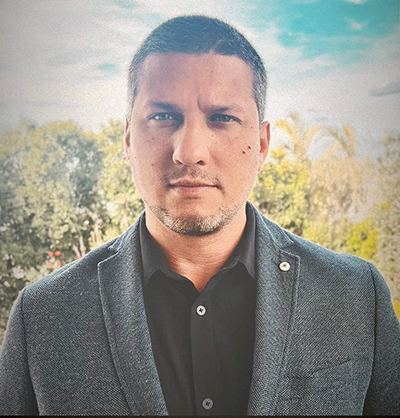
Can you tell us a little about your background?
Having completed an advanced diploma in chemistry in Turkey back in 2006 and working in different laboratories across multiple continents, I decided to pursue a career in chemistry in Australia. I completed a chemistry degree in Perth and worked as a scientific officer for several years in Perth, Darwin, Melbourne, and Tasmania under ISO/IEC 17025 accredited operations. Over the years, analytical accuracy has become my obsession and I was appointed as a Chief Scientific Officer back in 2017 in Brisbane.
What is current company and role and activities?
I work as a Chief Scientific Officer in a private company which offers a range of analytical services. Currently supervising every aspect of ISO/IEC 17025:2017 accredited laboratory operations of AS4308:2008, AS4760:2019, Methylamphetamine Residue Analysis and Biological Health Monitoring services for Isocyanate and Phenol exposure. I also lead several research and development projects to expand the scope of accreditation under ISO/IEC 17025:2017.
How did you first get involved with NATA?
My first involvement with NATA was back in 2013 when I was working as a scientific officer during an AS4760:2006 assessment process.
Why is being a Technical Assessor important to you?
Firstly, being a member of the Technical Assessor network is crucial in maintaining key knowledge in the latest technology and global standards. I believe the peer-to-peer technical assessments help improve the current technical expertise as well as providing an innovative approach to common problems in an analytical laboratory environment. The wealth of experience of the current NATA Technical Assessor network is key in sustaining continuous improvement in the workplace. It’s an honour to be part of this network and contribute to efforts of improving the public health and patient results.
Why do you believe accreditation is important?
I have worked in many laboratory disciplines across multiple continents which is very different to what I am doing today. Although, one thing remains the same across all scientific disciplines, the reliability of the results. Accreditation provides transparency, reliability, and global uniformity for those results.
Thank you for your time and Alp and we wish you all success as a NATA Technical Assessor
